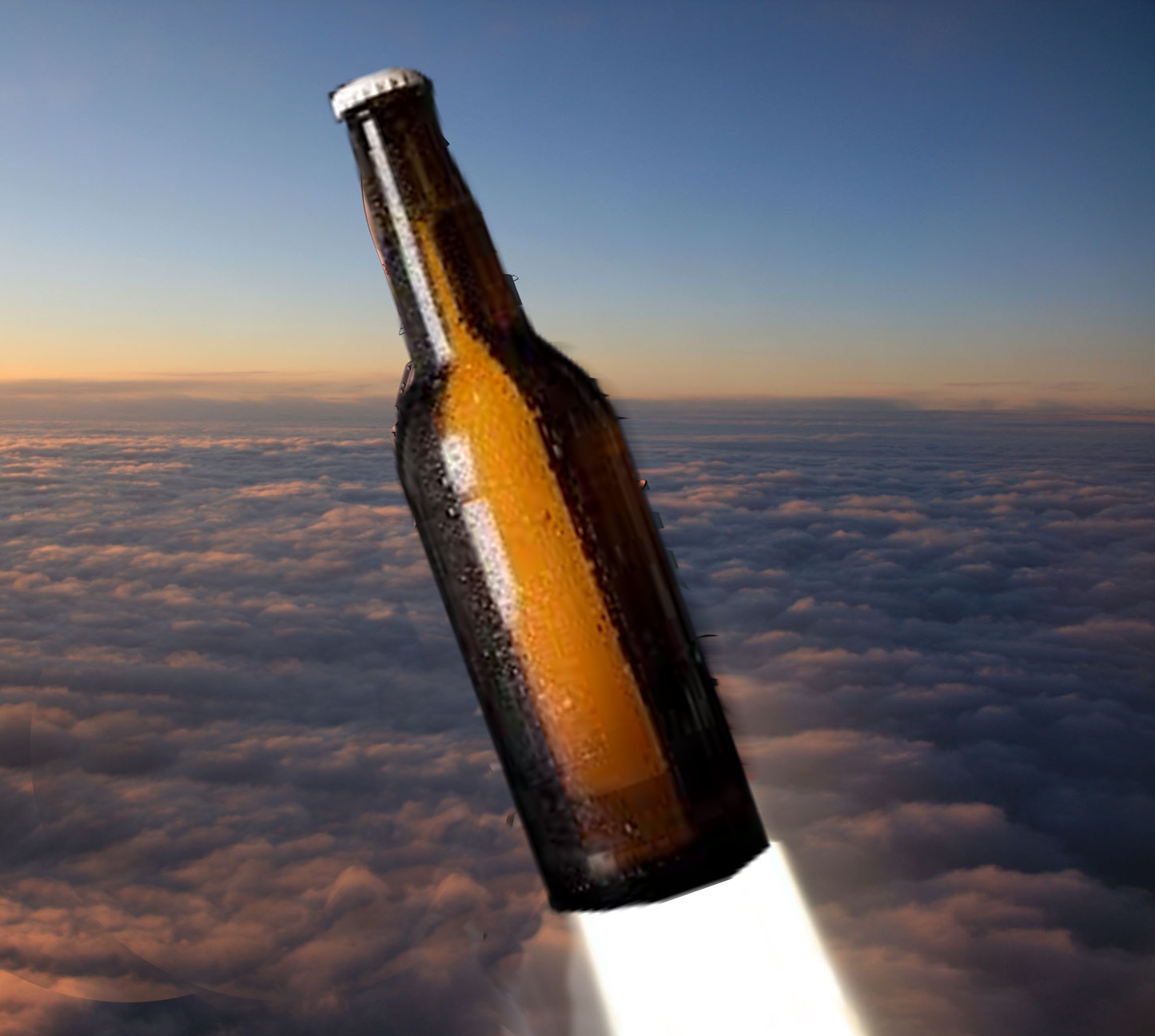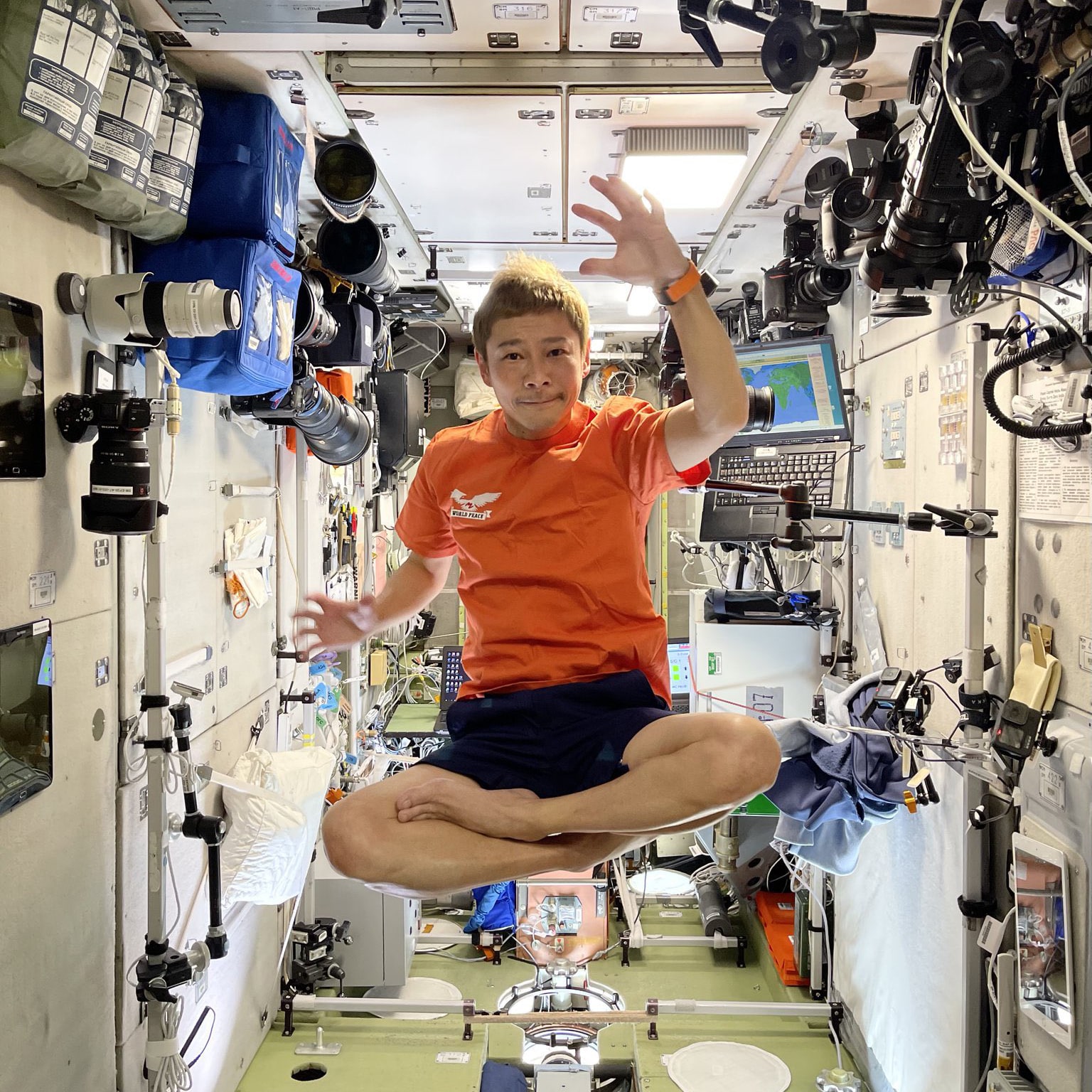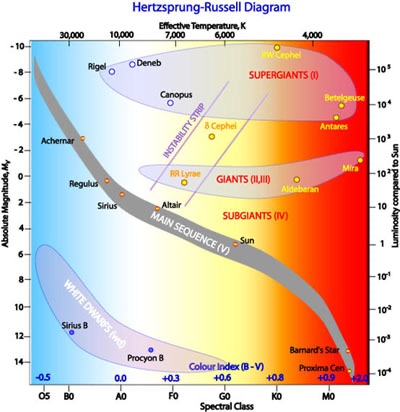
The practical knowledge from NASA-funded discoveries and the inventions that enabled them fall under the rubric of “spinoffs.” Although the term fits nicely into the concept of the invention-discovery cycle, spinoff is modest, even misleading. Spinoffs aren’t just the bonus of the space program; they’re a critical part of the program itself. We go into space in part for the spinoffs.Skeptics dismiss this justification for the space program, calling it the “Tang argument.” Hey, without space, we wouldn’t have Tang! Never mind that this statement actually isn’t true; Tang had been on the market for three years before John Glenn used it on Mercury. At any rate, the use of a powdered fruit drink as an exemplar of the space program misses the point of the invention-discovery cycle. Space aims at the boundaries of knowledge, not just minor consumer improvements. That’s why spinoff is misleading. The inventions that arise from the space program, even those that find use in unrelated sectors, are no accidents. They’re integral to the government’s mission.NASA itself tends to undercut its own argument with its annual report, Spinoff. One tempting picture from the report’s online version shows glasses of beer with the caption, “A system for creating rocket fuel on Mars is putting the bubbles into beer.” While this sounds like Tang all over again, the actual story is far more powerful. Robert Zubrin, the legendary founder of Pioneer Astronautics and Pioneer Energy, has been leading the invention of technologies that convert the Martian atmosphere into water, oxygen, and fuel. Because the air on Mars comprises 96% carbon dioxide, Zubrin has pioneered ways to convert gases into useful substances. For example, he originally speculated that hydrogen could be brought from Earth and combined with Martian CO2 to make methane and water. Besides providing liquid to mix with astronauts’ Tang, they could electrolyze the water to produce oxygen for breathing. The excess oxygen, combined with methane, can make rocket fuel to power the astronaut’s flight back home. Now that water has been discovered on Mars, hydrogen can be produced on the planet’s surface, and combined with CO2 to make methane. While inventing the technology that helps make Martian missions possible, Zubin’s companies have spun off inventions that produce gas for research balloons. His work with gases may also lead to technology that efficiently extracts hydrogen from water on Earth, producing carbon-free energy. And, yes, Pioneer Energy has created a system that recovers CO2 during beer making, allowing microbrewers an inexpensive way to put the bubbles back in their beer. It is indeed a spinoff, one that may not advance or save humankind on the order of interplanetary colonies, but… beer!Put it this way: If Tang could create rocket fuel on Mars and help alleviate climate change, perhaps the skeptics wouldn’t scoff as much. Robert Zubrin’s beer bubbles are that sort of Tang.
Beer Into Rocket Fuel? — The Gravity Well




